Amidst an unpredictable U.S. election campaign, a populist revolt against Washington’s political establishment is in the making. An increasingly frustrated electorate has handsomely rewarded New York businessman Donald Trump at the ballot box for vigorously – and at times crudely – taking on political taboos as he remains the Republican Party’s undisputed frontrunner, despite having proposed to ban Muslims from entering the U.S. This and his proposal to defeat the Islamic State group, or ISIS, by “taking its oil” have undoubtedly contributed to cementing his frontrunner status.
Senator Ted Cruz of Texas, a conservative firebrand and Tea Party favorite, has from the outset of his campaign sought to portray himself as the ultimate political outsider. This, along with his constant condemnation of the Joint Comprehensive Plan of Action, or JCPA, the U.S.-negotiated nuclear agree- ment with Iran, has become the signature issue of his foreign policy platform.
Before eventually dropping out of the race after failing to win his home state of Florida, Senator Marco Rubio pledged to unify the Republican Party between its traditionally business friendly elite, its conservative base and neoconservative foreign policy establishment.
Governor John Kasich of Ohio is the only moderate GOP contender, which also translates into his foreign policy positions. In order to defeat ISIS, Kasich has pledged to build an international coalition similar to the one President George H. Bush assembled in 1990 when liberating Kuwait from Iraq’s Saddam Hussein.
Senator Bernie Sanders of Vermont, a self-proclaimed Democratic socialist, along with Trump, seeks to challenge the political status-quo by taking on what he calls the “billion- aire class” and its influence on Washington.
Despite having served as President Barack Obama’s first secretary of state, voters continue to question Hillary Clinton’s trustworthiness as she struggles to put a high-profile email scandal behind her, while avoiding answering questions about how her husband Bill could continue to receive dona- tions from foreign leaders for his foundation while she served as America’s top diplomat.
This article was originally published by The Norwegian Institute of International Affairs.
The views represented herein are the author's or speaker's own and do not necessarily reflect the views of AGSI, its staff, or its board of directors.

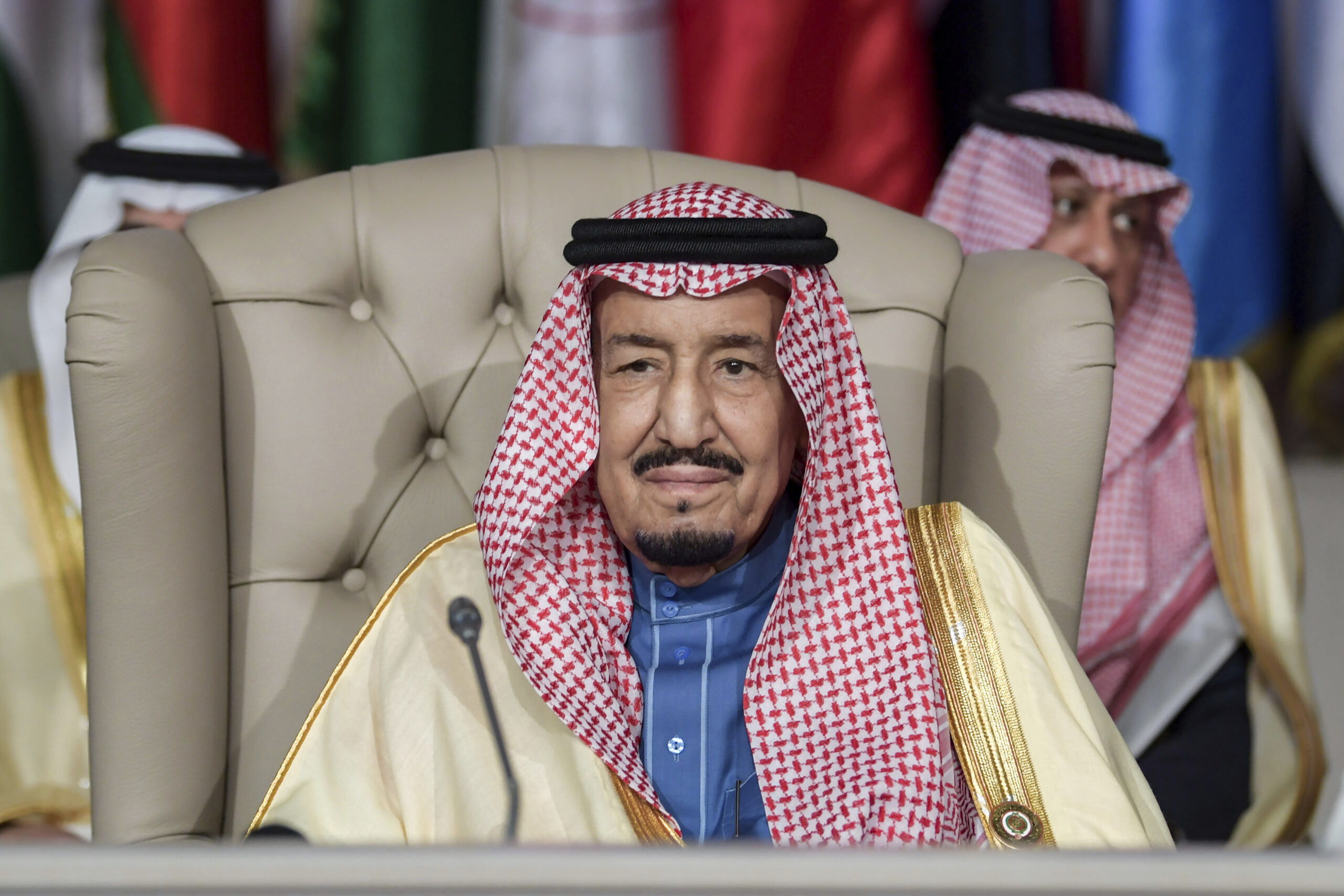

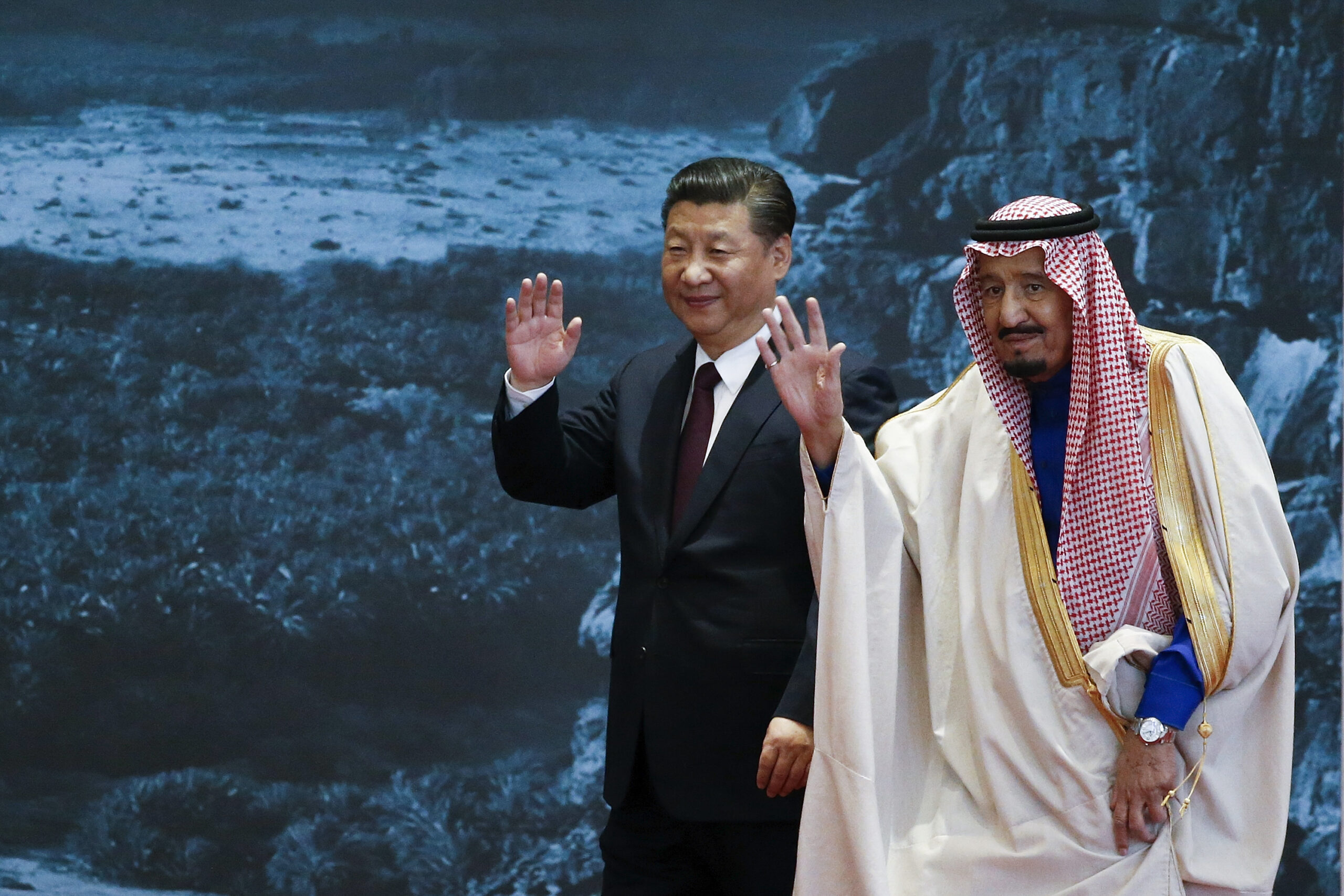


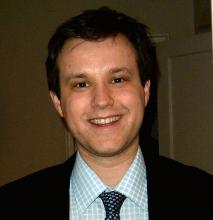
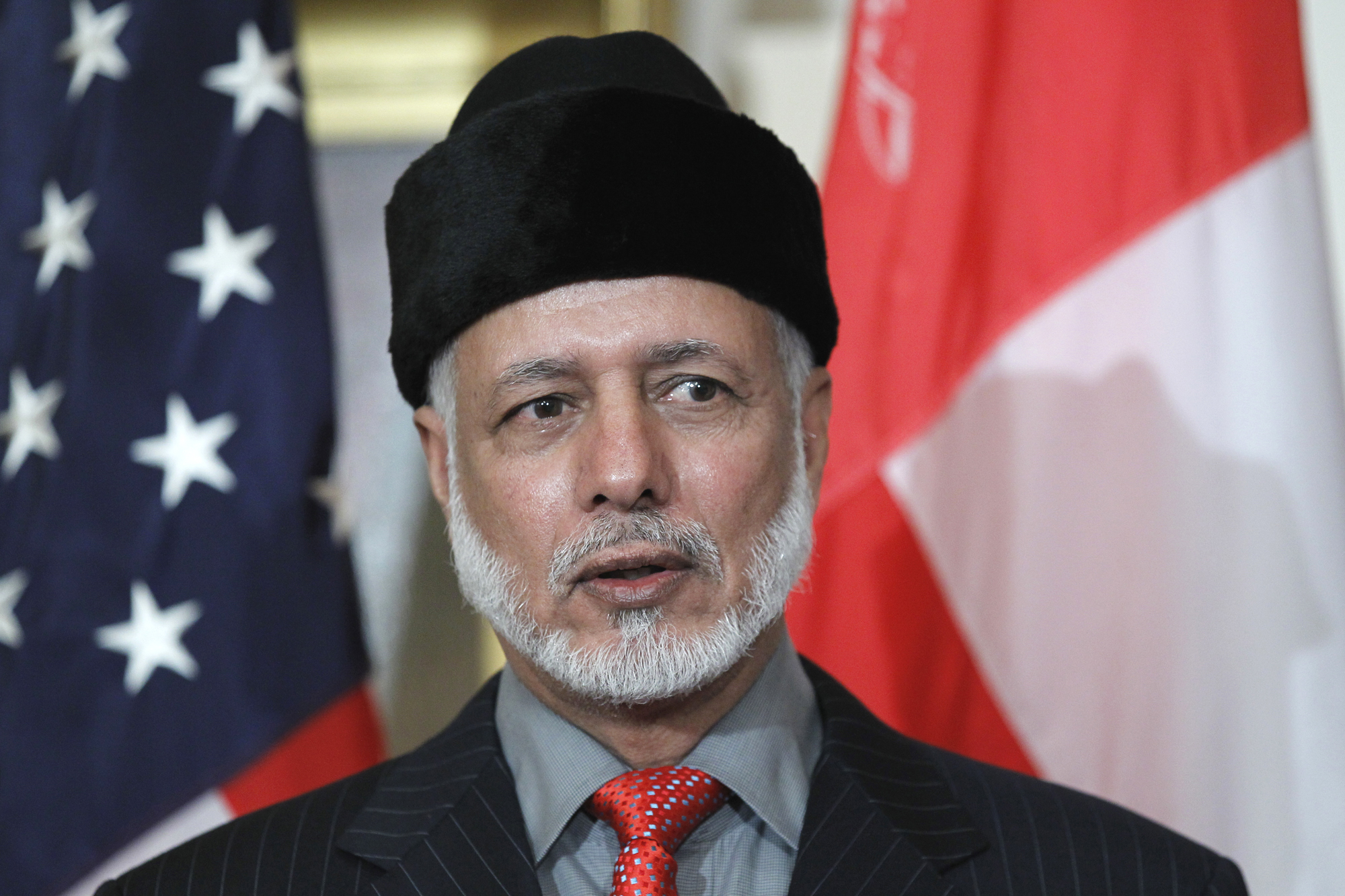
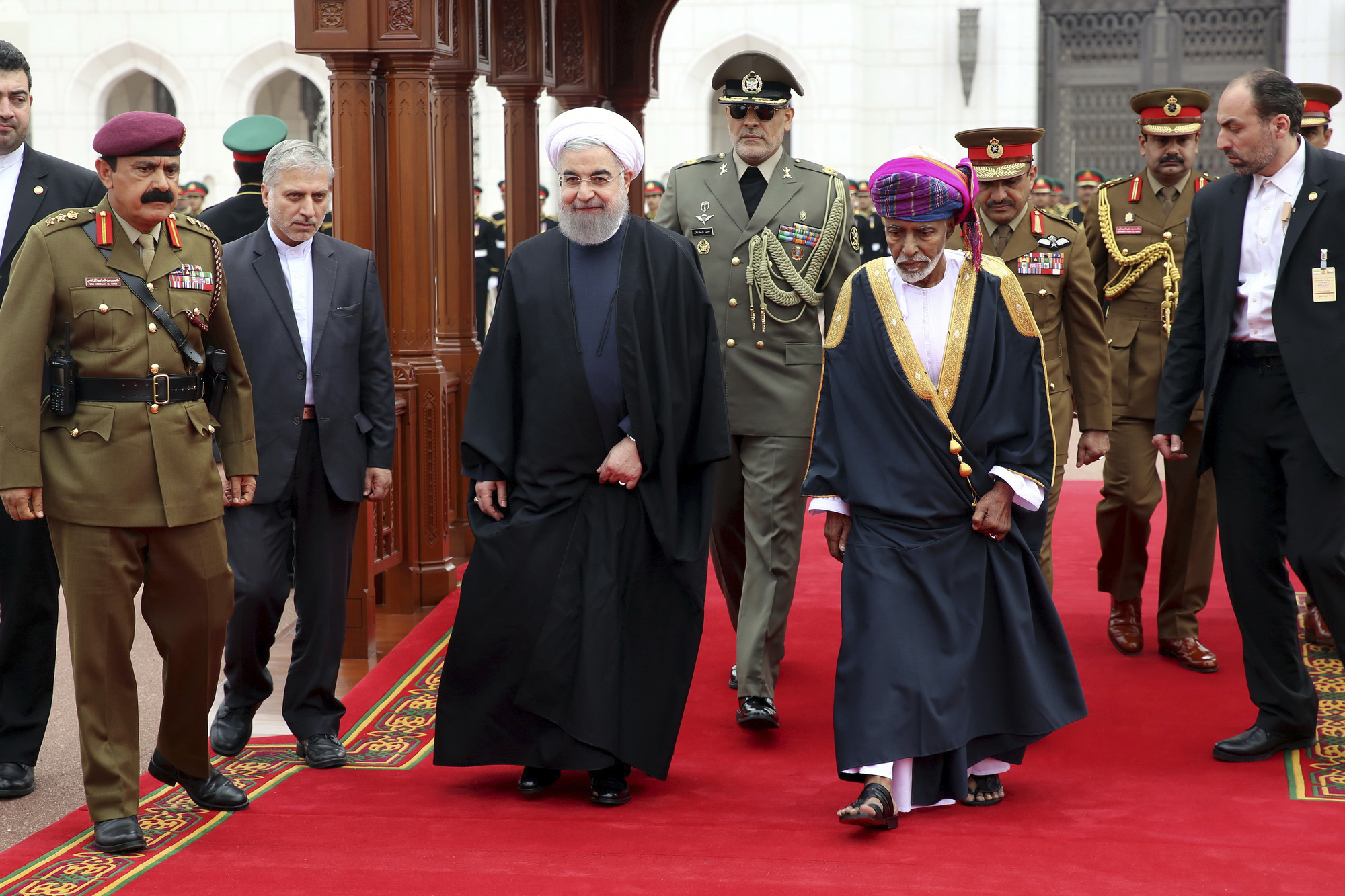
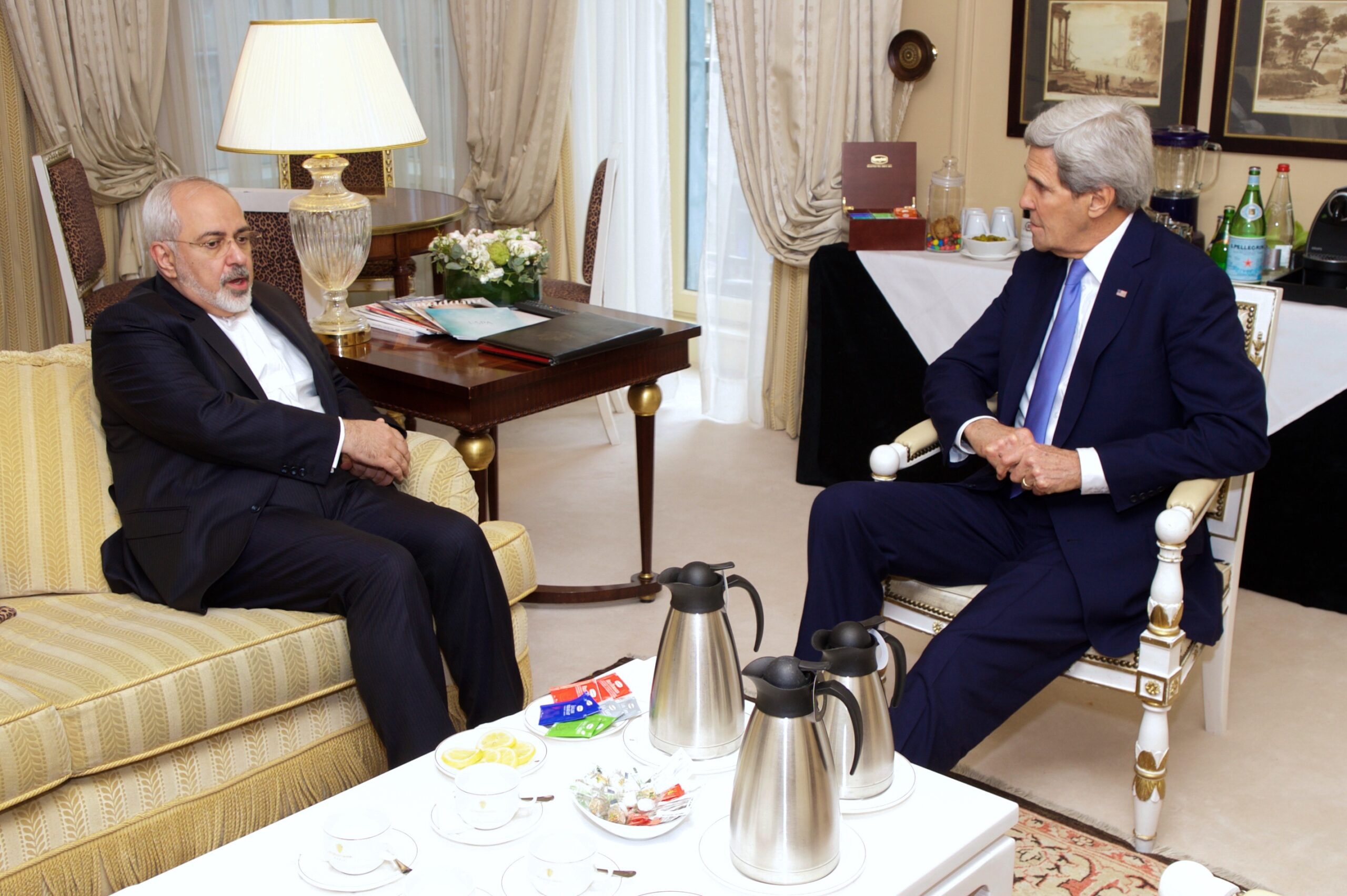

Apr 1, 2016
The U.S. Presidential Election and its Implications on Middle East Policy
Amidst an unpredictable U.S. election campaign, a populist revolt against Washington’s political establishment is in the making. An increasingly frustrated electorate has handsomely rewarded New York businessman Donald Trump at the ballot box for vigorously – and at times crudely – taking on political taboos as he remains the Republican Party’s undisputed frontrunner, despite having...
2 min read